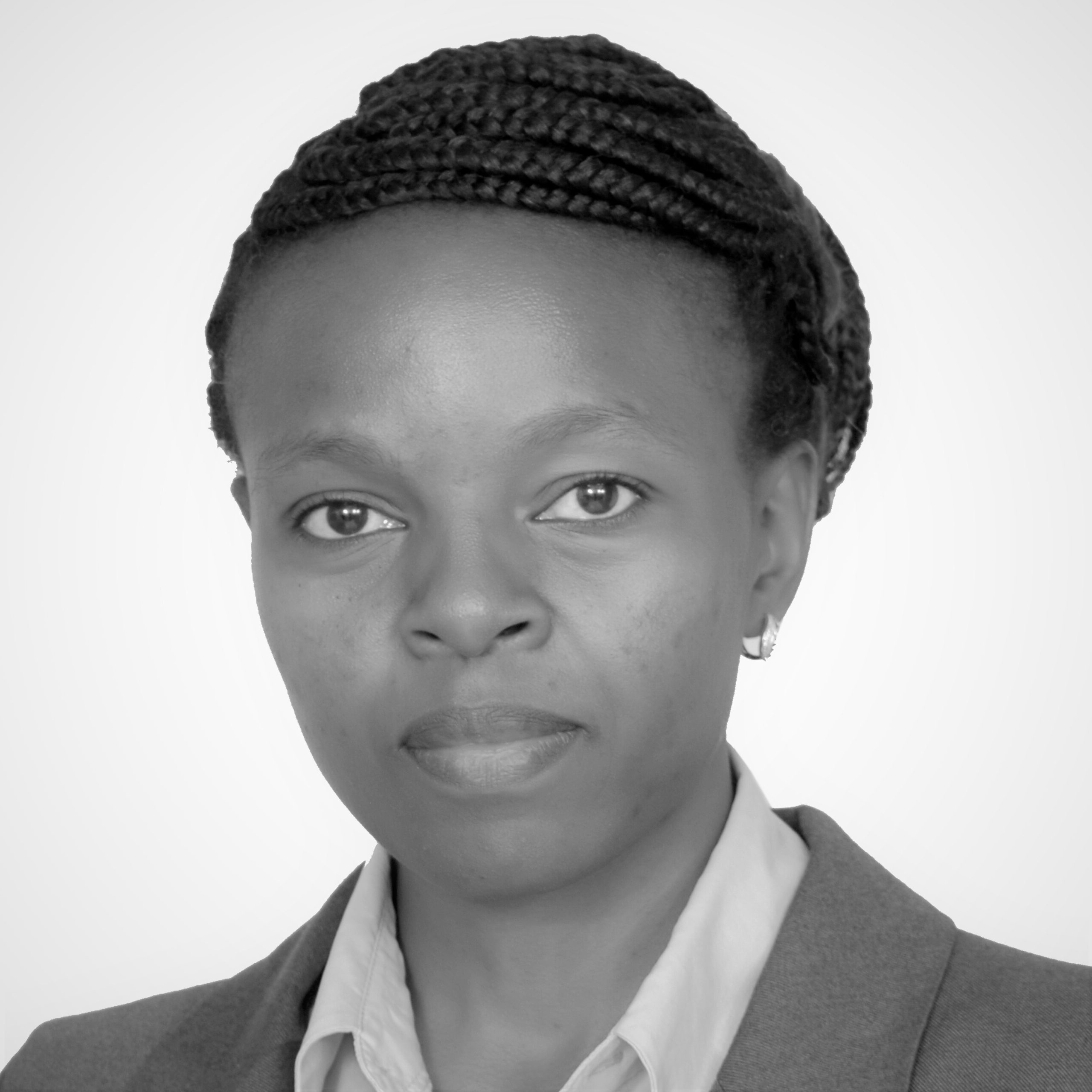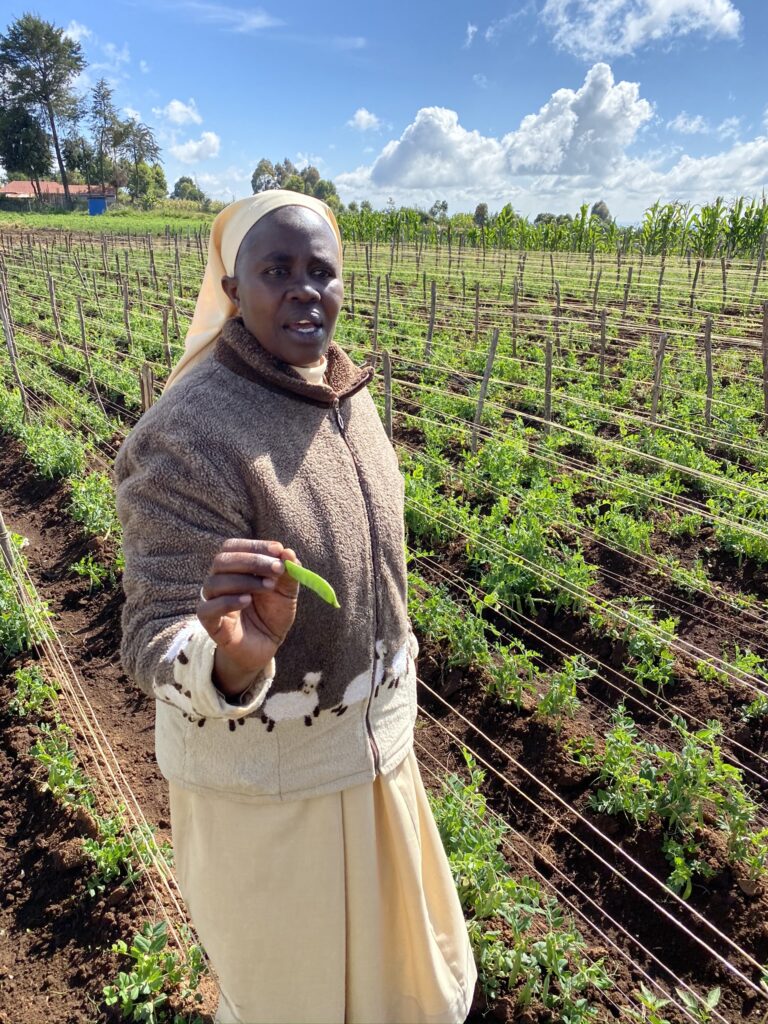Sisters Shaping History

In September 2004, five Catholic Sisters gathered in St. Louis, MO with a mission to create an exhibition demonstrating how nuns had helped shape the history and culture of the United States. The show that resulted, “Women and Spirit: Catholic Sisters in America,” toured the U.S. between 2009 and 2012, with stops that included the Smithsonian, Notre Dame and Saint Mary’s College, and the Ellis Island Immigration Museum. It bore witness not just to the many acts of heroism carried out by Sisters over a nearly 300-year time-span, but also to the common Spirit that drove these women to live remarkable lives, often by creating oases of service to meet a pressing need at a given time in the nation’s history.
The exhibition was a tribute to pioneering women who helped build America’s health care, education and social services at a time when women didn’t have the right to vote. They raised funds to build schools, hospitals, orphanages and colleges before most women in the U.S. could legally own property, negotiate contracts, or acquire loans. They entered the workforce decades earlier than most women — during the Civil War, for example, when more than 600 Sisters served as nurses. During the Civil Rights Movement of the 1960s, nuns joined Martin Luther King in the voting rights marches in Selma, AL.
Standouts included Mother Alfred Moses, who helped develop the Mayo Clinic in response to a horrific tornado in Rochester, MN in 1883; Katherine Drexel, who founded Xavier University in 1915, then the only Catholic school for African Americans; and Carolyn Farrell, a Sister who in 1980 became the mayor of Dubuque, IA. However, such pioneers are not only to be found in history books and exhibitions. The same Spirit that inspired Mother Alfred and Katherine Drexel is alive and well among many religious Sisters in Africa today. Over the years, they too have raised funds to build hospitals, health clinics, schools, and children’s homes.

January, 2020
Take, for example, Sister Veronica Kiarie, a Little Sister of St Francis of Assisi known by her fellow Sisters as “Green Thumb.” She runs a medium-sized farm in the town of Molo, in Kenya, a venture that sprang from her passion to support the congregation’s social ministries, as well as to provide employment and drinking water to the neighboring community.
Sister Veronica’s congregation is an indigenous institute of Diocesan right. It was founded in May 1923 in Uganda by the late Mother Mary Kevin Kearney, a Franciscan Missionary for Africa, based on the charism of St. Francis: “To bring newness and fullness of Christ’s life in the world today by reaching out with compassion to the marginalized.” With more than 775 professed members, the Sisters operate hospitals, schools, health facilities, orphanages and homes for the elderly. Their missionary work is growing within the three East African countries of Kenya, Uganda, and Tanzania as well as in the United States.
Sister Veronica developed a business plan for her pea farm after attending a six-month agribusiness training program, and took out a $100,000 loan from Missio Invest in 2019. The farm grows garden peas for export, and rotates potato and cabbage crops for local consumption. Some of the farm produce is used to supplement the diets of the residents of the congregation’s home for the elderly, while the profits of the farm are used to support the running of the congregation’s social ministries. The farm directly supports a school with 946 students, a health facility serving nearly 12,000 patients a year, and a home for the elderly. Sister Veronica has a goal of generating more revenue from her farm to sustain and grow the congregation’s social work.
Like Mother Alfred before her, Sister Veronica provides innovative solutions to problems facing the community she was called to serve. She installed a solar-powered borehole on her farm after observing how the villagers were struggling to access clean drinking water. She also installed a five-acre drip irrigation system for year-round farm production and water conservation. She uses her teaching skills to train local smallholder farmers in sustainable agricultural practices. To boost the soil fertility, she tests her soil to ascertain the mineral deficiencies, uses organic manure, and has planted 2,700 trees for conservation. The farm supports 50 workers.
Sister Veronica creates time to mentor women on how to handle social economic challenges, and men on how to overcome alcohol addiction which is common in the locality. She also teaches Catechism in a nearby Parish.
Over the last 50 years, the number of Sisters in congregations in the United States has clearly dwindled. But in each case, such reduction has little to do with the entrepreneurial vigor of the Sisters or their communities. The African Church entities we work with are on a similar growth trajectory to the one that inspired German immigrant Sisters in Rochester MN to convince Dr. William Mayo and his sons to start a hospital for the local community in 1889. The spirit of those religious women is alive and well in Africa.